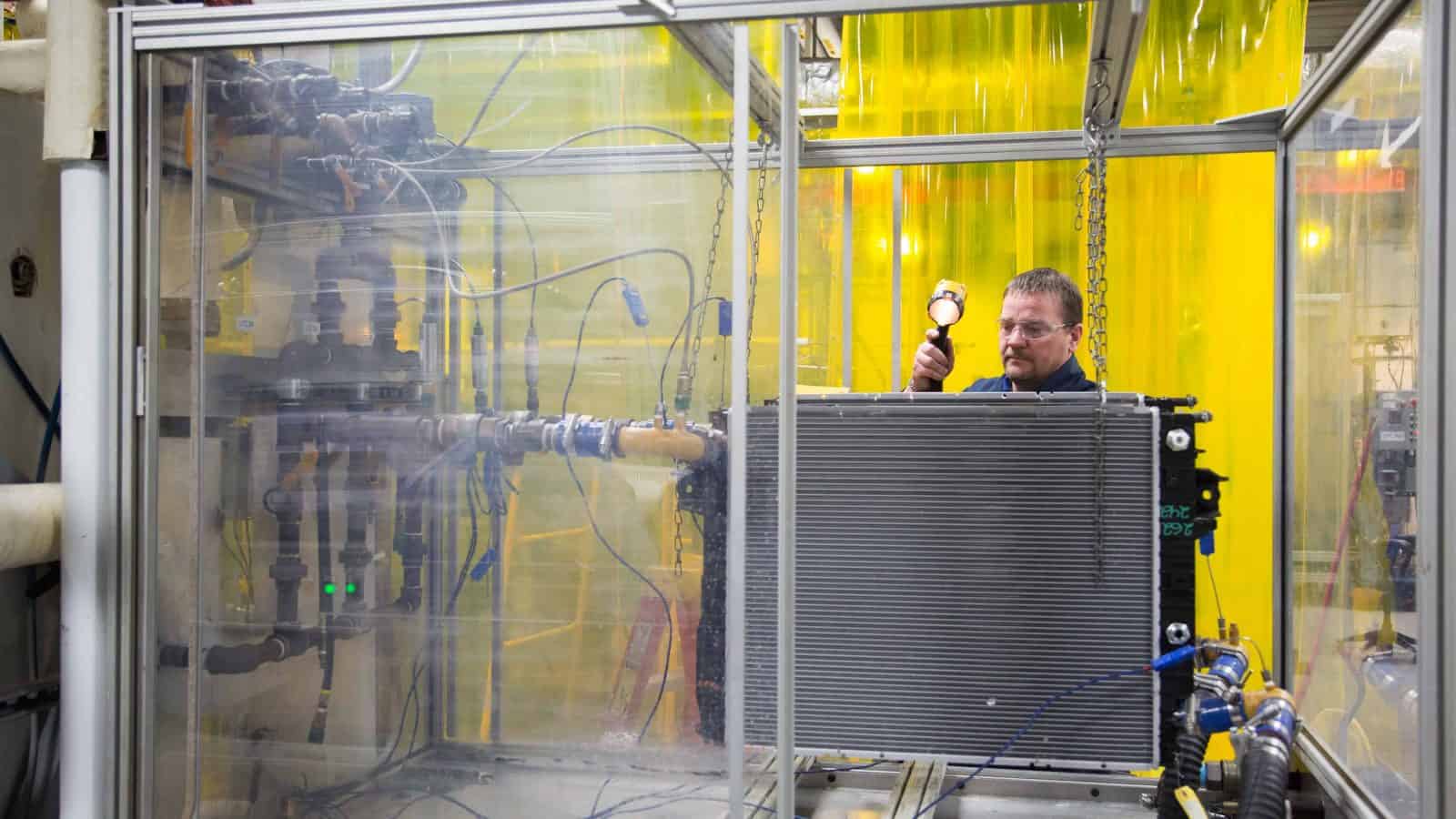It’s Time to Take Methane Seriously

Methane, a more powerful greenhouse gas than CO2, is back in the news again, as the Biden administration takes steps to regulate it. As it happens, reducing harmful pollutants like methane is a key priority of the NAM’s work on climate action. We spoke with NAM Vice President of Energy and Resources Policy Rachel Jones recently about the NAM’s advocacy on the issue.
The background: Recently, the EPA announced that it would craft regulations on methane, a shift from the previous administration’s refusal to directly regulate it, Reuters reports. The agency will unveil new regulations later this year.
Meanwhile, the Senate passed a resolution that “effectively reinstates” the Obama administration’s standards, according to The New York Times (subscription). The House is expected to consider the resolution soon.
The NAM’s position: “Getting the U.S. methane strategy right is critical for climate action and will set the bar for the rest of the world,” says Jones. “As the EPA moves to write new methane regulations, manufacturers are working with the agency to share our expertise. We support technology-based standards that reward early and aggressive action, while providing the flexibility to promote innovation and ensure we get the most reductions at the lowest cost. That would be a real win–win.”
- “The balancing act is important here because manufacturers rely on natural gas,” Jones adds. “The richness of this resource has redefined America’s competitive advantages within the global economy, especially within the manufacturing sector. We can’t afford to lose that if we fail to get regulations right.”
The energy mix: “A lot of people also don’t realize how natural gas supports the increasing role renewables are playing, because the sun and wind are intermittent sources of energy,” Jones says. “Natural gas can be ramped up or down quickly, making it the best option for balancing the intermittent nature of many renewables.”
Energy security: Jones adds that methane regulations are essential to long-term U.S. energy security for two reasons: they will help ensure electricity stability by supporting the combination of natural gas and renewables described above, and they will strengthen America’s position as a robust exporter of LNG.
- “Achieving gold standard status for methane management is now the price of admission to global LNG trade,” Jones explains. “If producers in the U.S. can show they are managing methane responsibly, they will find even more eager buyers.”
The last word: NAM President and CEO Jay Timmons said, “Climate change is an issue our generation must tackle. Like past generational challenges—world wars, the space race, the COVID-19 response and vaccine development—manufacturers will lead the way and ensure our country emerges stronger. When have Americans ever been timid in the face of difficulty? We look forward to learning more specific details of the administration’s methane strategy, and manufacturers are ready to work with policymakers on both sides of the aisle to achieve success for our nation and world.”
Read more about the NAM’s climate policy recommendations in The Promise Ahead.
